Memorial of Sts. Cornelius, Pope, and Cyprian, Bishop, Martyrs
The Responsorial (Psalm 101) voices a sense of community responsibility: “I will walk with a blameless heart.”
After the Sign of Peace, the liturgy calls for the “Breaking of the Bread” (Latinized “fraction”). This is done visibly, in the sight of all, and should make us conscious that the host each one receives is part of the “one bread” that is Christ. “Because there is one bread, we who are many are one body, for we all partake of the one bread” (1Corinthians 10:17).
In light of this, why does Paul, in 1Timothy 3:1-13, seem to make distinctions in the virtue to which all are equally called? He singles out bishops, deacons, and women. Why?
The reason is that these three have something in common: Paul speaks of them all as “managers.” All the baptized are equally called to perfection—Vatican II insists we are all committed to make this our aim in life—but the particular responsibilities each has make each capable of doing special good or harm. So Paul urges us to pay special attention to what can help or hinder our own effectiveness. Paul says bishops and deacons have a special role in “making things work” in the Church, just as women do in the home (Titus 2:5. See Vatican II on “Ecumenism,” no. 4 and “The Church,” nos. 32 and 40).
The letter to Titus extends this focus to other groups in the Church, identifying their particular challenges and ending with the “eschatological” words the liturgy quotes before Communion:
For the grace of God has appeared, bringing salvation to all, training us… in the present age to live lives that are… godly, while we wait for the blessed hope and the manifestation of the glory of our great God and Savior, Jesus Christ (Titus 2:11-13).
In Luke 7:11-17, Jesus works a miracle. He raises a young man from the dead, and the people are moved to praise: “God has visited his people.”
Most Catholics grew up believing in the “miracle of the Mass”—and misunderstanding it as simply the transformation of bread and wine into the Body and Blood of Christ, like changing water into wine or sick people into healthy people. This miracle gave us the real presence of Jesus. We knew for a fact, “God has visited his people.”
The true “miracle of the Mass” is much deeper than this. The changing of the bread and wine doesn’t make sense—and would probably be impossible, even for God—divorced from the celebration that makes present Christ’s sacrificial death and rising. Apart from this, Communion cannot be understood. That is why the Church discourages distributing Communion outside of Mass except to include the sick in the Mass by bringing it to them.
Action: Receive Communion intelligently. Connect it with the rest of Mass.
— Fr. David M. Knight
View today’s Mass readings, Lectionary #444, on the USCCB website here
Fr. David M. Knight (1931-2021) was a priest of the Diocese of Memphis in Tennessee, a prolific writer, and a highly sought after confessor, spiritual director, and retreat master. He authored more than 40 books and hundreds of articles that focus primarily on lay spirituality and life-long spiritual growth.

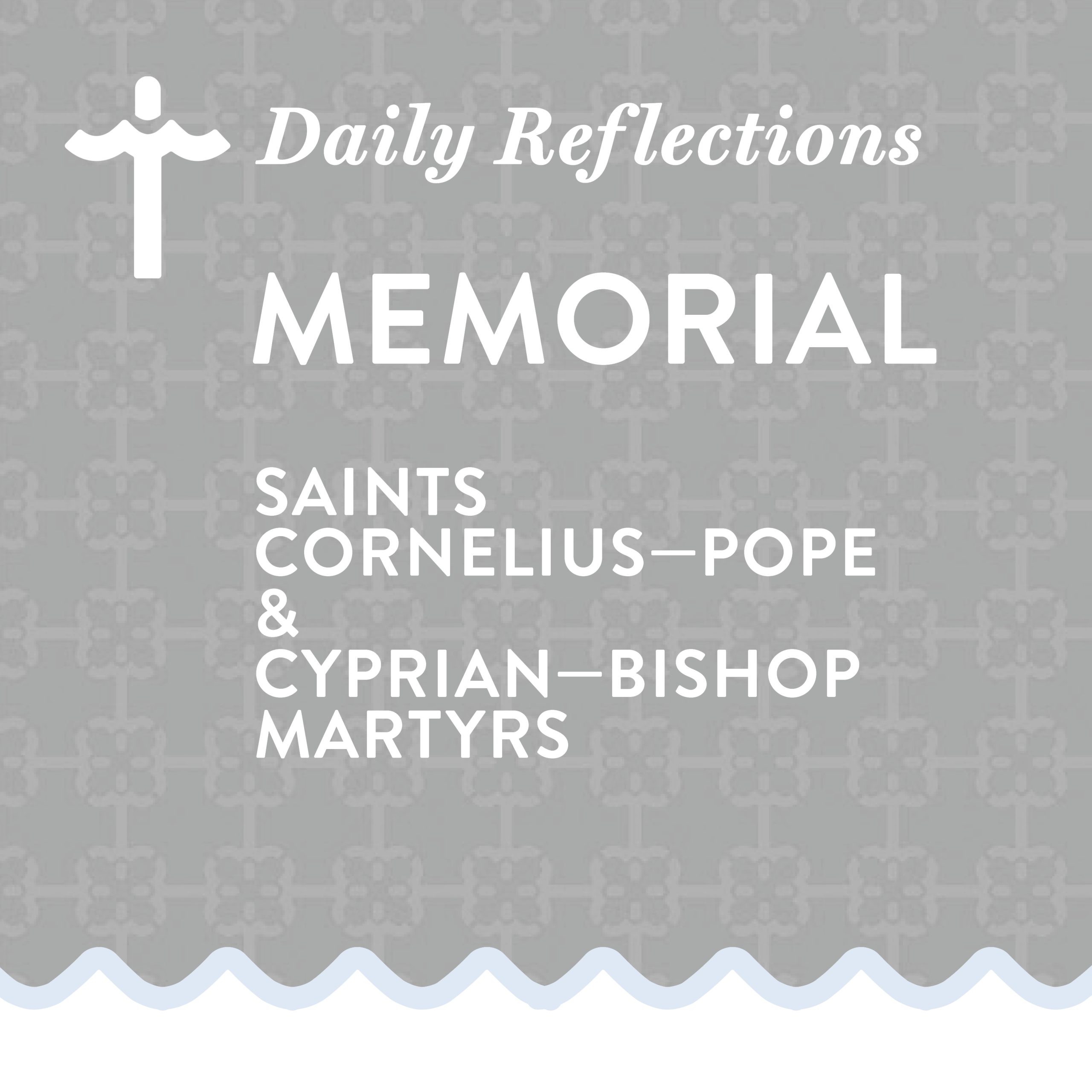
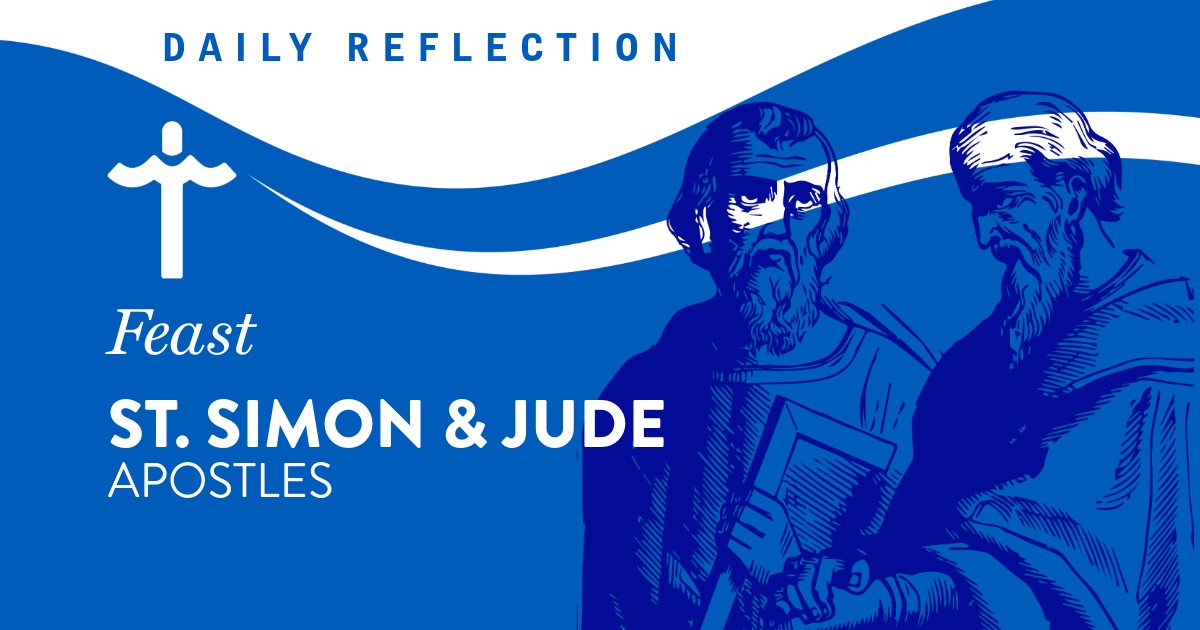
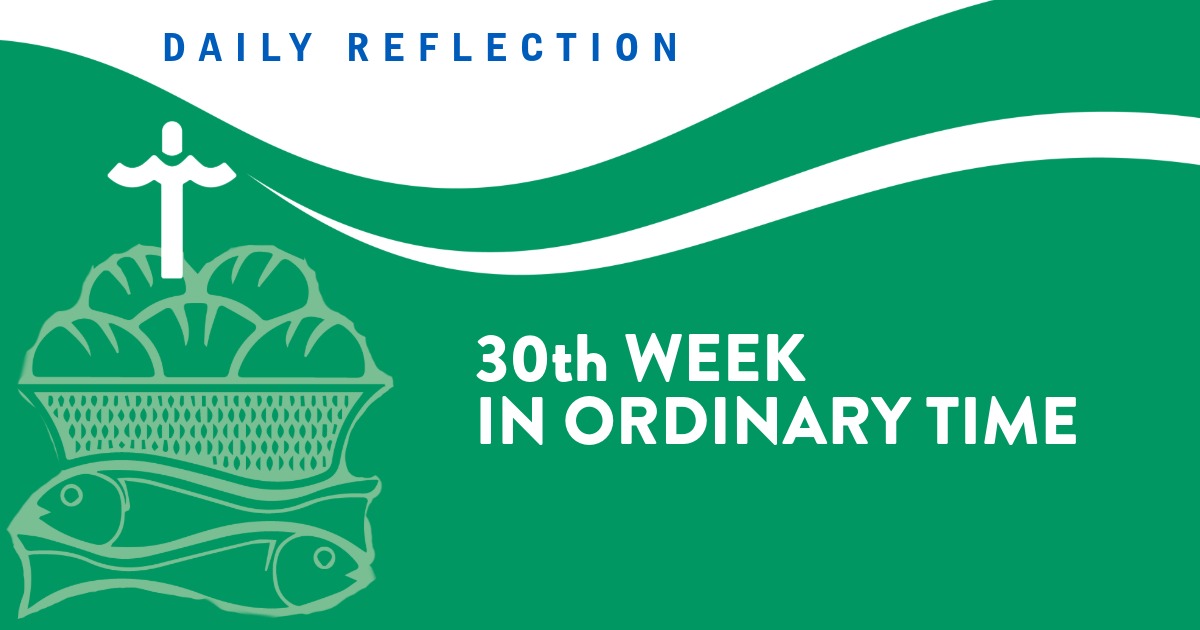
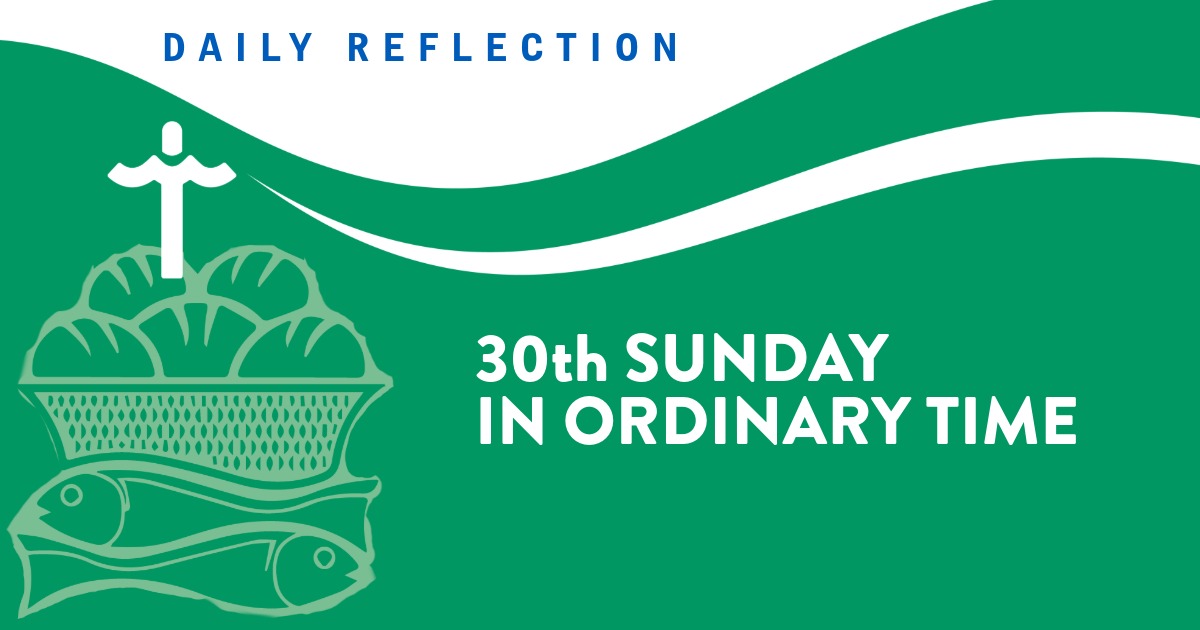
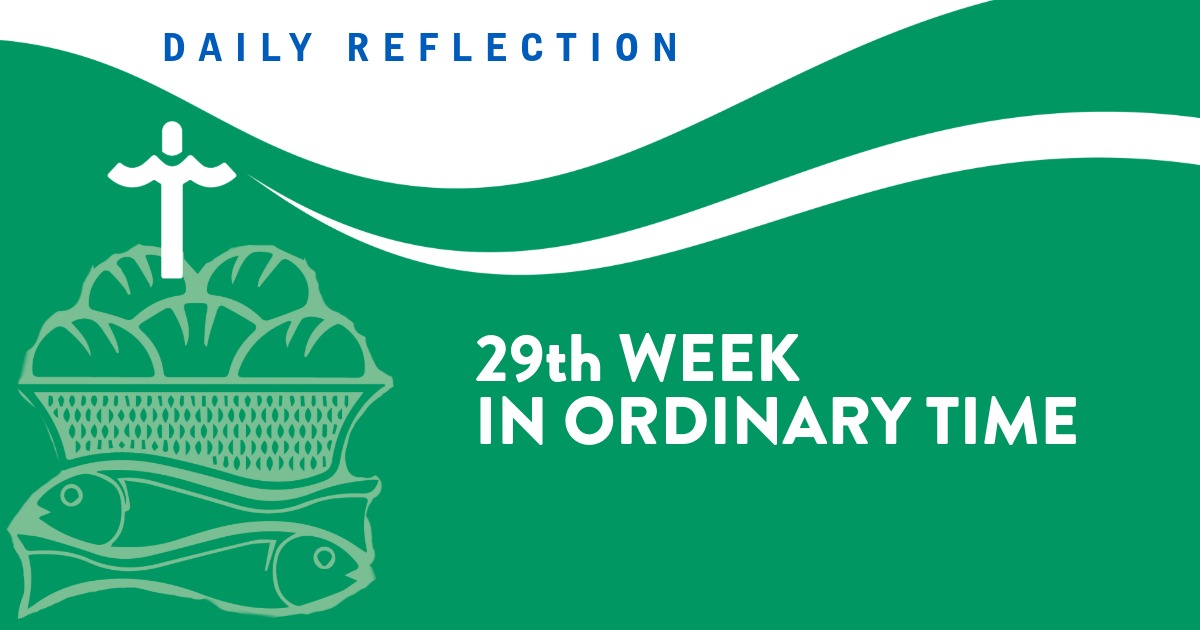
0 Comments